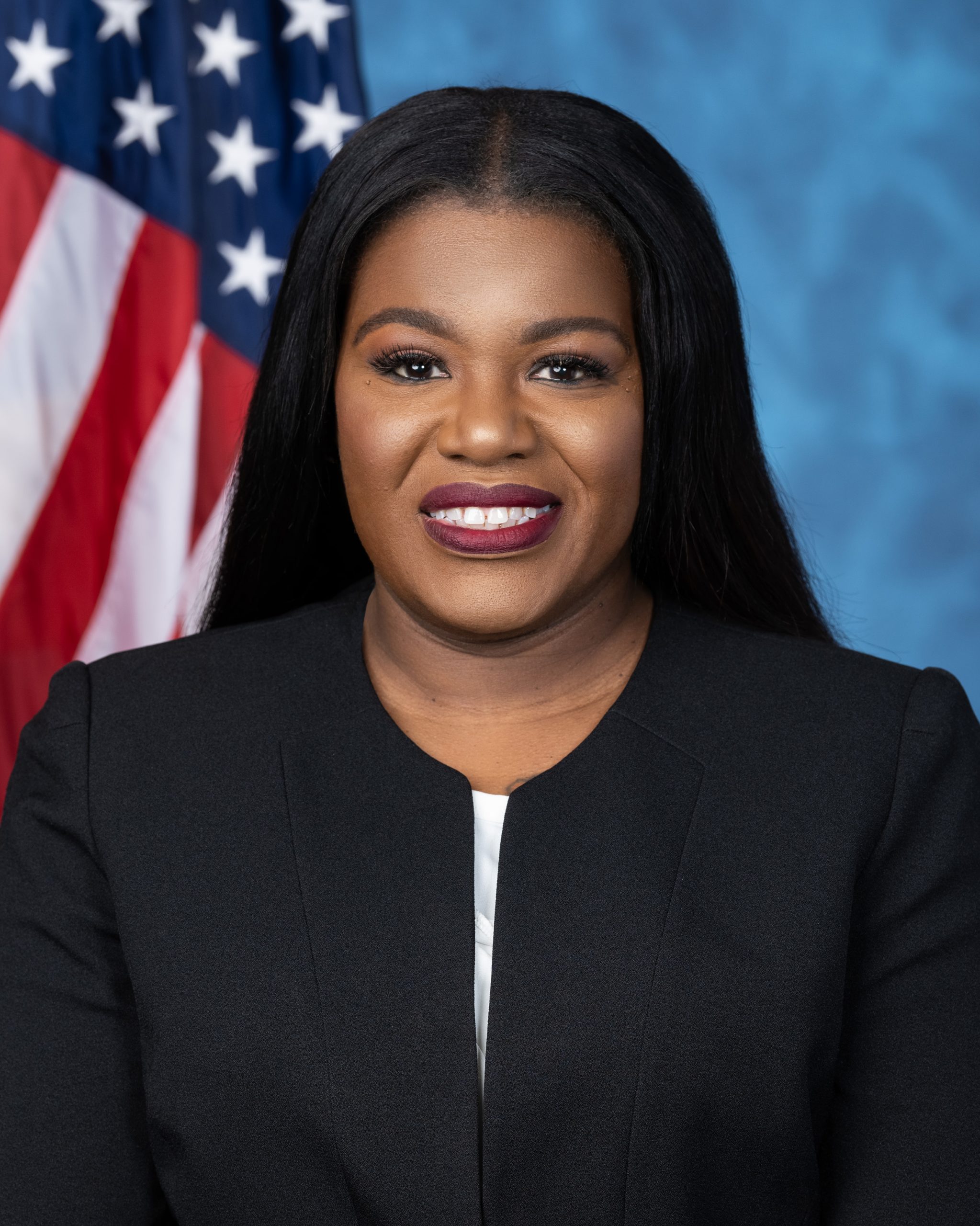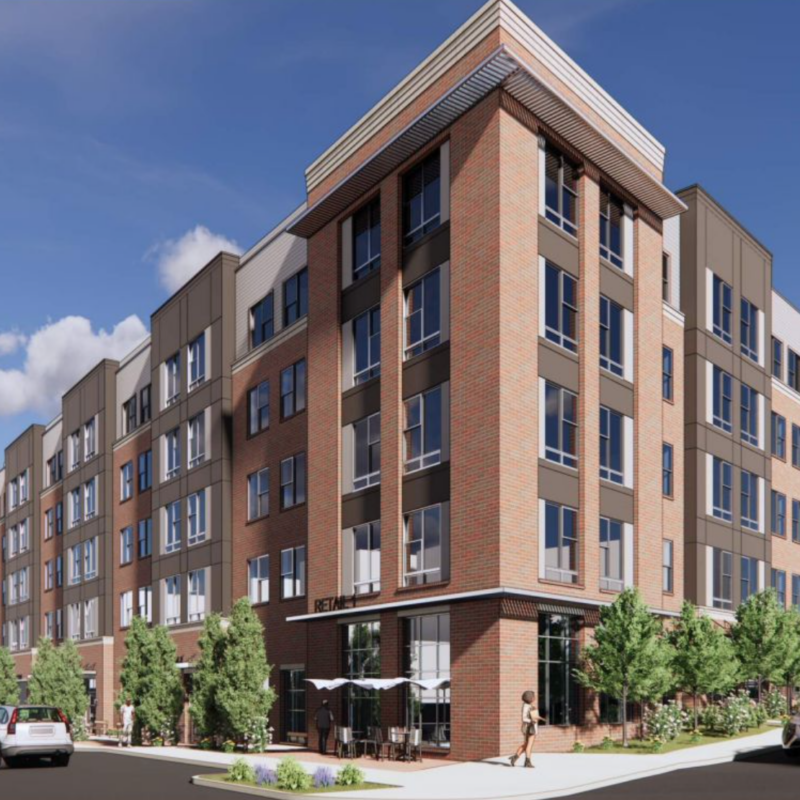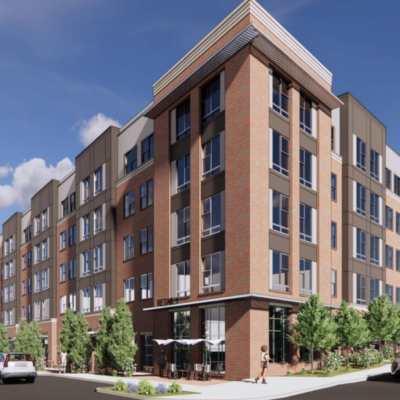When the Centers for Disease Control’s eviction moratorium expired on July 31, more than 10 million people across the country were at risk of losing their homes. But on August 3, after Representative Cori Bush camped out on the steps of the U.S. Capitol in protest for four days, the CDC extended the moratorium until October 3, giving struggling tenants more time to receive rent relief from their state and local governments.
In Virginia, landlords are once again required to notify tenants about available rent relief and apply on their behalf before proceeding with an eviction, thanks to legislation passed this week during the General Assembly’s special session.
However, the 60-day order only applies to areas with substantial or high transmission of COVID-19—including Charlottesville and most surrounding counties—and local housing advocates worry it will not hold up for long.
“Right now there’s just a lot of uncertainty,” says Caroline Klosko, a housing attorney for the Legal Aid Justice Center. “[The moratorium] has already been challenged in court, and we think there’s a good chance the Supreme Court will overturn it before it expires.”
“Also there’s some uncertainty about how the level of transmission in the community is supposed to be proved—who’s supposed to prove it?” she says.
If transmission in an area drops below “substantial” for two weeks, then the CDC moratorium no longer applies, explains Lydia Brunk, co-chair of Charlottesville Democratic Socialists of America’s housing justice committee.
“I’m really glad to see that these protections have been reinstated for a little while longer…but if we actually make progress against the virus, we end up with another problem on our hands as a consequence,” says Brunk.
For the time being, housing advocates urge tenants to take advantage of current state protections. Rent relief and payment continuances are still available to those impacted by the pandemic.
LAJC has recently hired someone to assist residents with their rental relief applications for free, Klosko says. “There have been access problems, especially with the Spanish-speaking community, and there’s a lot less access to the internet among low-income people,” she says.
Last month, Charlottesville City Council also allocated $300,000 in American Rescue Plan funds to LAJC to create an eviction prevention pilot program. Though the funding is not enough to guarantee a lawyer for every city resident facing eviction, Klosko says it will allow LAJC to hire another housing attorney, as well as ramp up its community outreach and representation of individual tenants.
Charlottesville DSA—joined by several other activist groups—is currently pushing for Albemarle County to enact a similar program with its ARP funds. “Historically, the county has had twice as many evictions, so we would like to see them pass twice as much funding,” says Brunk.
However, County Supervisor and Vice Chair Donna Price says she would rather focus on funding rent relief programs.
“I am personally more interested in helping tenants and landlords, than I am funding attorneys involved in the process,” says Price.
“There’s always going to be folks for whom rent relief and other services are too slow for them to avoid being evicted, who don’t qualify for whatever reason, or who just don’t hear about it,” explains Brunk. “When they hit the court system, that’s our last chance to reach them and give them a chance to stay in their homes.”
“If you don’t provide publicity for it [and] make it easy for people to access, then people aren’t actually going to get the money,” she adds.





